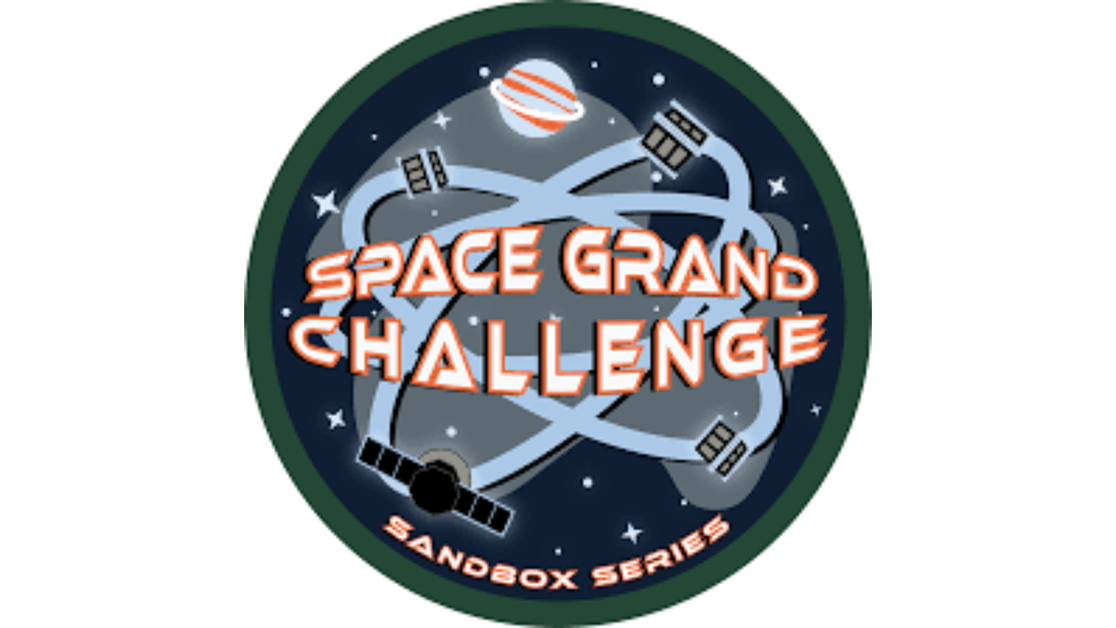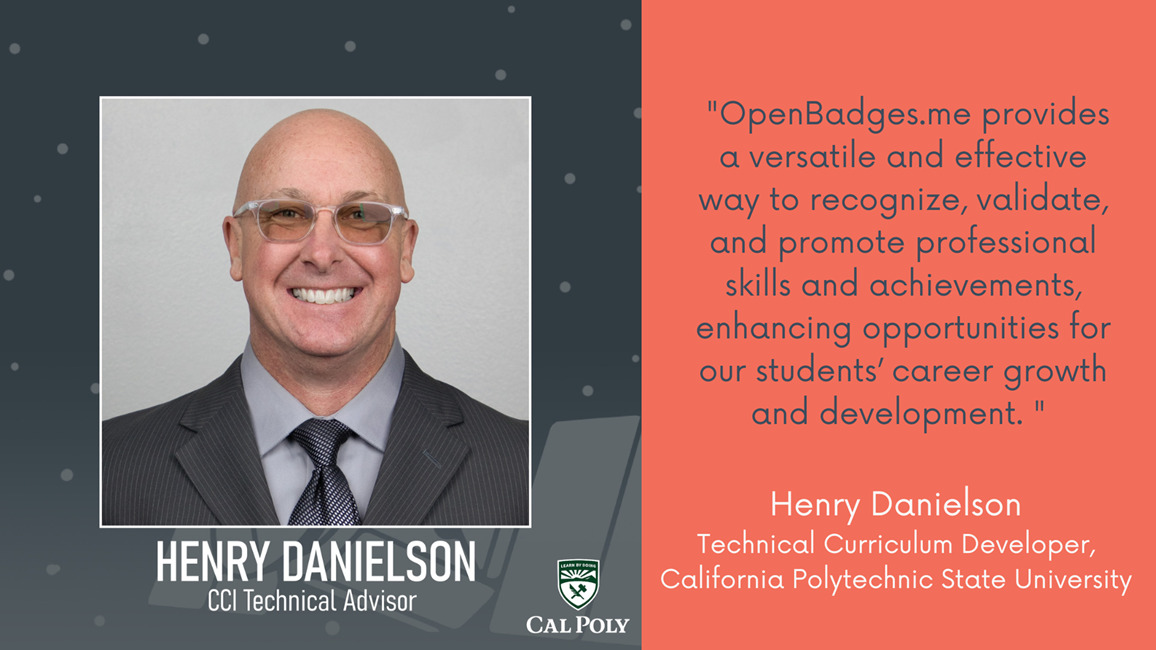"Learn-by-doing" is an educational philosophy and approach that emphasises learning through active engagement and hands-on experience. It is often contrasted with traditional education methods that rely on passive learning, such as lectures and memorisation. Instead of simply receiving information, students practicing learn-by-doing are encouraged to explore, experiment, solve problems, and create things in a collaborative and interactive environment.
This approach is rooted in the belief that people learn best when they are actively involved in the learning process, applying what they are learning in real-life situations. It is closely related to the constructivist theory of education, which posits that learning is an active, contextualised process of constructing knowledge rather than acquiring it.
Learn-by-doing is widely used in various educational settings, including primary and secondary schools, vocational training programs, higher education institutions, and professional development workshops. It is particularly popular in fields such as science, technology, engineering, mathematics (STEM), and vocational training where practical skills are essential.
One institution with learn-by-doing at its core is California Polytechnic State University’s (Cal Poly). Learn-by-Doing is used in and outside of the classroom, and is core to Cal Poly’s curriculum, which uses Open Badges provided by OpenBadges.me to recognise student achievements.
Cal Poly’s six academic colleges offer more than 50 graduate programmes, with Learn-by-Doing unifying all the colleges. Courses range from Agriculture to Aerospace Engineering and has produced a staggering four astronauts!
The Space Grand Challenge
The 'Space Grand Challenge (SGC) Program' is an international online cybersecurity competition designed for middle and high school students, created by Cal Poly students. This programme aims to nurture future cybersecurity professionals by introducing young talents to the field earlier, encouraging their interest in STEM subjects, and enhancing their cyber/IT skills. SGC achieves these goals by leveraging gamification and esports, combining them to promote STEM education, space-related themes, and cybersecurity expertise among participants.

Students that complete the SGC programme, and those that are awarded 1st, 2nd, and 3rd place are awarded an OpenBadges.me badge.

Open badges are digital credentials that can be easily shared and verified online and bring value to a student’s professional development by provide a digital and verifiable way to recognize and showcase specific skills, achievements, or competencies. The gamified nature of badges, where individuals earn rewards for completing tasks, can motivate professionals to actively engage in learning and skill development. The sense of achievement associated with earning badges can drive ongoing professional growth. By promoting the concept of lifelong learning, open badges contribute to fostering a culture of continuous professional development.
"OpenBadges provides a versatile and effective way to recognize, validate, and promote professional skills and achievements, enhancing opportunities for our students’ career growth and development."
Henry Danielson, Technical Curriculum Developer at California Cybersecurity Institute
Cal Poly suggest that students use awarded open badges on their LinkedIn and their email signatures.
OpenBadges.me aligns with the idea that active involvement and personal engagement enhance educational understanding and retention, leading to a deeper and more meaningful learning experience, and is proud to support Cal Poly in promoting this learning methodology.
Say Hello
Get in touch with the team
If you would like to discuss Openbadges.me, or explore how we could integrate Openbadges in to your software please get in touch.

